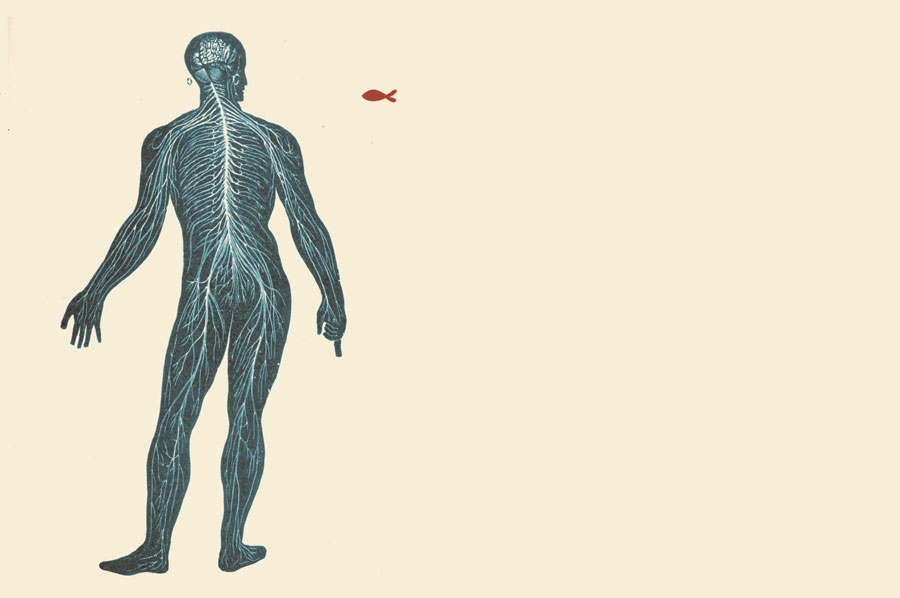
“If there is magic on this planet, it is contained in water.”
— Loren Eiseley
What does water have to do with anything?
We came out of the water, are mostly made of water, and so is the earth we inhabit. Nothing grows without water and none of us can survive without it. Beyond its fundamental life-giving properties, water also represents a way of being in the world and of moving through life.
What may sound like an old Bruce Lee cliché, is in fact an invitation to embody water as a philosophy of life, as an individual, a movement or even an organisation.
Frustrated by his inability to respond intuitively in his martial training, Bruce Lee’s teacher sent him away to think about why he was rigid and getting in his own way. He needed to learn to not be in frontal opposition to any problem, but to control it by swinging with it.
While contemplating his predicament on a boat in the middle of a lake, Lee’s anger got the better of him and he began to repeatedly punch the water. Yet the water moved out of the way of his fist and did not suffer harm, when he tried to grasp the water, it ran through his fingers. Water, he understood, didn’t have a shape of its own, but adapted to its environment.
In Chinese tradition, being like water relates to being in harmony with nature, an interfusion of gentleness and firmness, that one must accept oneself not by going against but going with nature. In the words of Lao Tzu: “Nothing is weaker than water, but when it attacks something hard or resistant, then nothing withstands it, and nothing will alter its way.”
Protest movements around the world have adopted this idea of water as a mantra. Pro democracy protesters in Hong Kong aim to be “strong like ice. Flow like water. Gather like dew. Disperse like fog.”
On a personal level, a rigid mind or attitude keeps us from learning and growing. Water is relentless, it perseveres, it doesn’t give up. So to be like water is to adapt to change. But we can only respond to change with a strong foundation that keeps us grounded, yet flexible, so that we are able to move in any direction and respond to what comes our way.
Gareth Morgan used the organism metaphor to describe an organisation as a collective response to its environment and, to survive, we must understand that “organisations are clusters of interconnectivity and required interrelated human, business, and technical needs.”
In today’s language, we talk about our ecosystems as a way to understand our position as an organisation, being aware that some of us will grow, some will disappear or be transformed into something else. Those that remain stagnant are unlikely to survive.
Thinking about ourselves and our work in this way, can help us in seeing more clearly what our role is so that we can better prepare to adapt to the uncertainty of our “liquid times.” It is also a reminder never to think about ourselves, our work and our lives as stagnant, individualistic entities.
But if we return to the essential role water plays in the planet’s ecosystem and life on this planet, water should be the most sacred element we cherish and protect.
Yet like so much of nature, it has been commodified, privatised, contained, polluted, poisoned, fought over, used as a weapon of torture, either directly or by impeding access to it.
In The Sea Around Us, Rachel Carson wrote “man has forgotten his origins and is blind even to his most essential needs for survival, water along with other resources has become the victim of his indifference.”
In some indigenous traditions, protecting water is an assigned responsibility, and if water is polluted, it means its protectors have failed in their roles.
Water Warrior, Autumn Peltier, a Member of the Wiikwemkoong First Nation in Canada, who has been fighting for clean water since the age of eight, believes we need to give our waters personhood so they can be better protected.
If water can be harmed, owned or held for ransom, why shouldn’t it in turn be able to fight back and defend itself? Unlike corporations, water does not have rights recognised in international treaties, however, a growing number of countries, including India, Colombia and New Zealand have begun granting legal standing to rivers.
Perhaps this is a sign we are starting to treat water as the life that it is, not just the life that it gives us.
I’m reminded of a recent conversation with a friend about the future of non-profits and our need to change, in which he said, “if we stand still, we will sink.”
Water
By Deng Ming Dao
Drops
Water Cleanses
Gathers in the earth.
Tender. Invasive. Subtle.
Emerges a shining river.
When small, it is weak.
When great, it tumbles mountains,
Rendering great cliffs
Sand.
Words, Veronica Yates and illustration, Miriam Sugranyes
